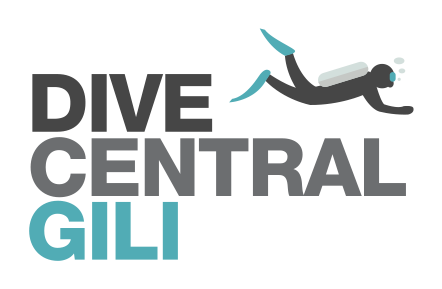Keeping fit as a diver - 5 easy exercises to do at home!
Very few people would consider SCUBA diving as a strenuous sport, the feeling of weightlessness in the water reduces the sensation that we are actually using our muscles and burning calories. On average us divers burn anything from 300 - 600 kcal per dive (depending of course the conditions of the dive) - amazing huh! But that also puts a bit of requirement on us to keep fit. By fit we don't mean having the safe cardio as a marathon runner, but in reasonable amounts. Common problems that us as divers might feel during or after a dive varies from muscle cramp, back ache from carrying heavy equipment, and leg ache from kicking against the current. We also try and keep our fitness level reasonable to reduce the risk of us getting too much nitrogen in our body, thus increasing the risk of decompression sickness. So here are a couple of easy and fun exercises for you to keep safe and healthy!
1. Get scrunching - monkey style!
One of the most common problem us divers get is toe, feet or leg cramps! And everyones knows how painful that can be - especially when you have then tight fin on, not making the situation any better. So help yourself and train the muscles in your feet! The best way to do this is to place a stick like object (for example a pen or pointer stick) and try and lift it up - only using your toes. Try and curl your toes around the stick, lift it up and try and hold it mid- air for 30 seconds. Repeat with the other foot!
2. Stretch it out!
If cramp is an issue, but the toes are not the problematic area, maybe you get cramp in your calves and feet. A good exercise to try would be to lay flat on your back, raise your legs straight up in the air and bring your toes towards your body, making the muscle in your calf as tight as possible. Hold this position for 30 seconds then relax. Repeat this at least 3 times, with a 15 second interval between each stretch. if you can reach your toes with your hands then you can pull slightly adding to the stretch. That should do the trick!
3. Carry your tank with pride!
We all know how heavy and uncomfortable it is to carry your SCUBA equipment around on land, a backpack weighing more than 25 kg is not an easy thing to get used to. Often divers get back pain after lugging the gear around too much or if the diving requires long surface walks before getting in the water. To strengthen those back muscles, a good exercise is to do "the superman". Laying flat on your belly, lock your fingers in, placing the palm on your hands towards the ground, slightly above your head. Now in a continuous motion, lift your shoulders, arms and head upwards. With your legs together, bring your legs up in the air at the same time as your upper back is rising. The goal is to only have the hip and lower belly touching the ground. Tense your belly while doing this one for the best effect! Try and do the superman 8 reps x 3 times, resting for 30 seconds between each set. Your lower back will be stronger in no time.
You can also help yourself making these muscles stronger while diving, simply by slightly arching your back, pressing your bum to the tank. This also helps with getting a good trim position, laying nice and flat through out the dive.
4. Not only one tank - but two!
We all want to be that person that with ease puts one tank on their shoulder, and picks up a second one and starts walking, looking like it's the easiest thing in the world. Strong arm and upper back muscles help you with that. Simple weight lifting exercises, holding on to a weight (heaviness of your own choice), slowly extending your lower arm down, and contracting in back up No need to do to heavy weights, the most important part is that you do the exercise slowly and controlled. To incorporate the upper back here, the good old fashion push up will to the trick! With feet and hands touching the ground, try and push your body up, and slowly back down. Not strong enough for this? No worries, just keep those knees on the ground, but keep that core tensed and back straight! Do as many as you feel comfortable with, better to start slowly and progressively work your way to more and more.
5. Get walking
Last, but definitely not least - having adequate cardio can make a huge difference as a diver - no matter if you know you'll be kicking against a current, or just want to make sure you release the nitrogen safely, moderate to good cardio will help you with this. So any activity that will increase your heart rate will help you with this. Find something that suits you - maybe badminton, football or just going for a powerwalk!



